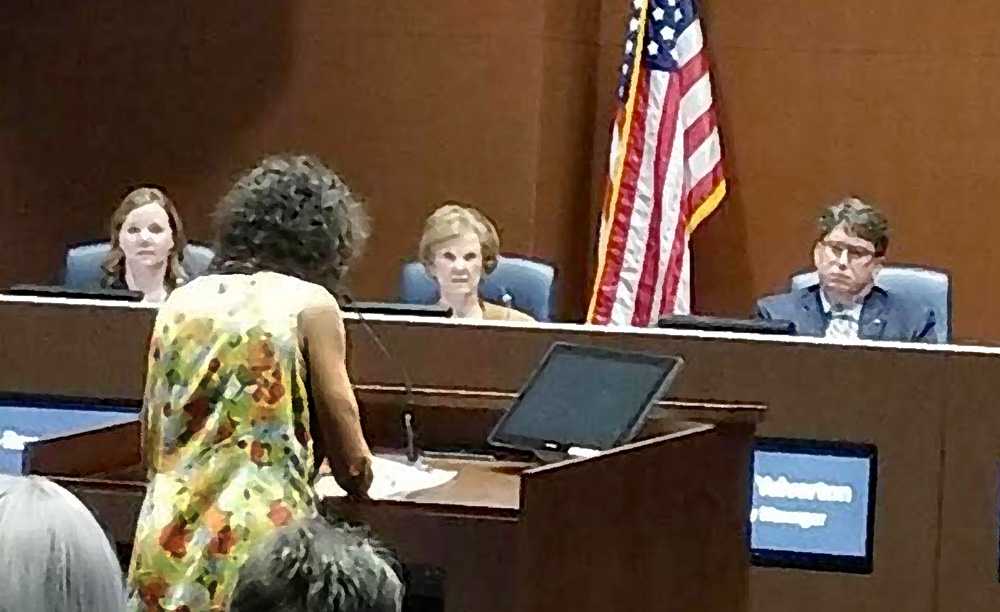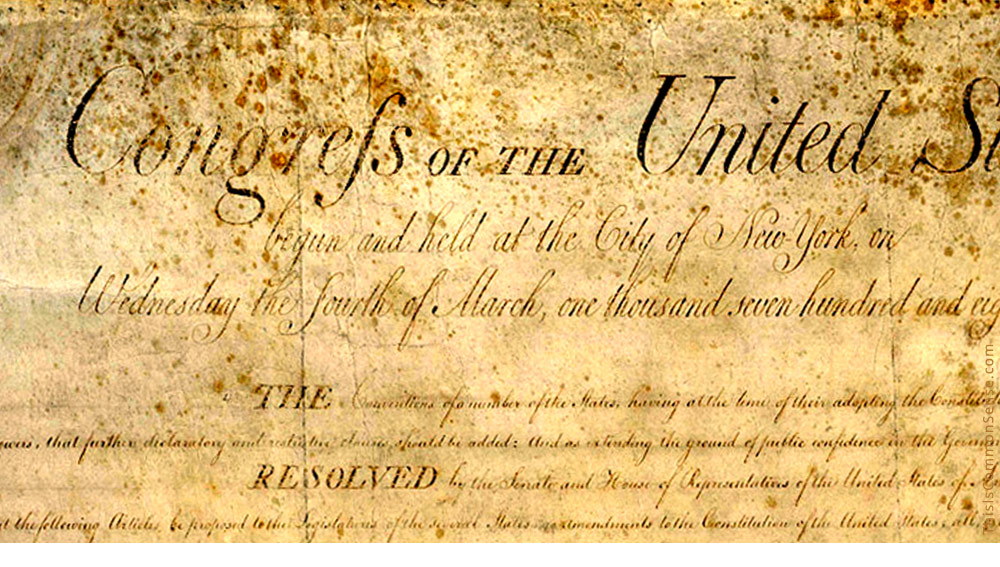“The mainstream media screams about Russia stealing elections,” says U.S. senatorial candidate Dale Kerns, “but behind the scenes they pull the strings to keep the duopoly in control.”
Mr. Kerns, who is running in Pennsylvania as a Libertarian in a four-candidate race, has had the rug pulled out from under him. Early on, the League of Women Voters had assured him that he would be able to participate in televised candidate debates in Philadelphia. That opportunity was dashed as the date of the event neared.
“Make no mistake, this is cronyism,” insists Kerns, who notes that “big media corporations collud[e] with big government political parties to keep out competition.”
Eric Boehm covers the scandal/not-a-scandal over at Reason. The early promise of inclusion came from the League, and it was “other organizers” of the event who decided that the Libertarian and Green candidates’ polling numbers were low enough to excuse exclusion.
You might wonder why debate organizers would want to have less interesting debates. But remember: the two entrenched parties’ candidates want to win. Period. The last thing they want are challengers from other parties included, because those challengers can only peel off voters from them.* And though the major-media hosts may wish to seem non-partisan, they almost never refrain from taking a side.
I do not (and cannot) know which reason contributed more to the Philadelphia renege, so will let you hazard your own guesses.
This is Common Sense. I’m Paul Jacob.
* Which helps explain why the parties tend to “cheat with both hands,” as Nicholas Sarwark, the Libertarian candidate for the mayorship of Phoenix, Arizona, put it.
Photo from Max Pixel











